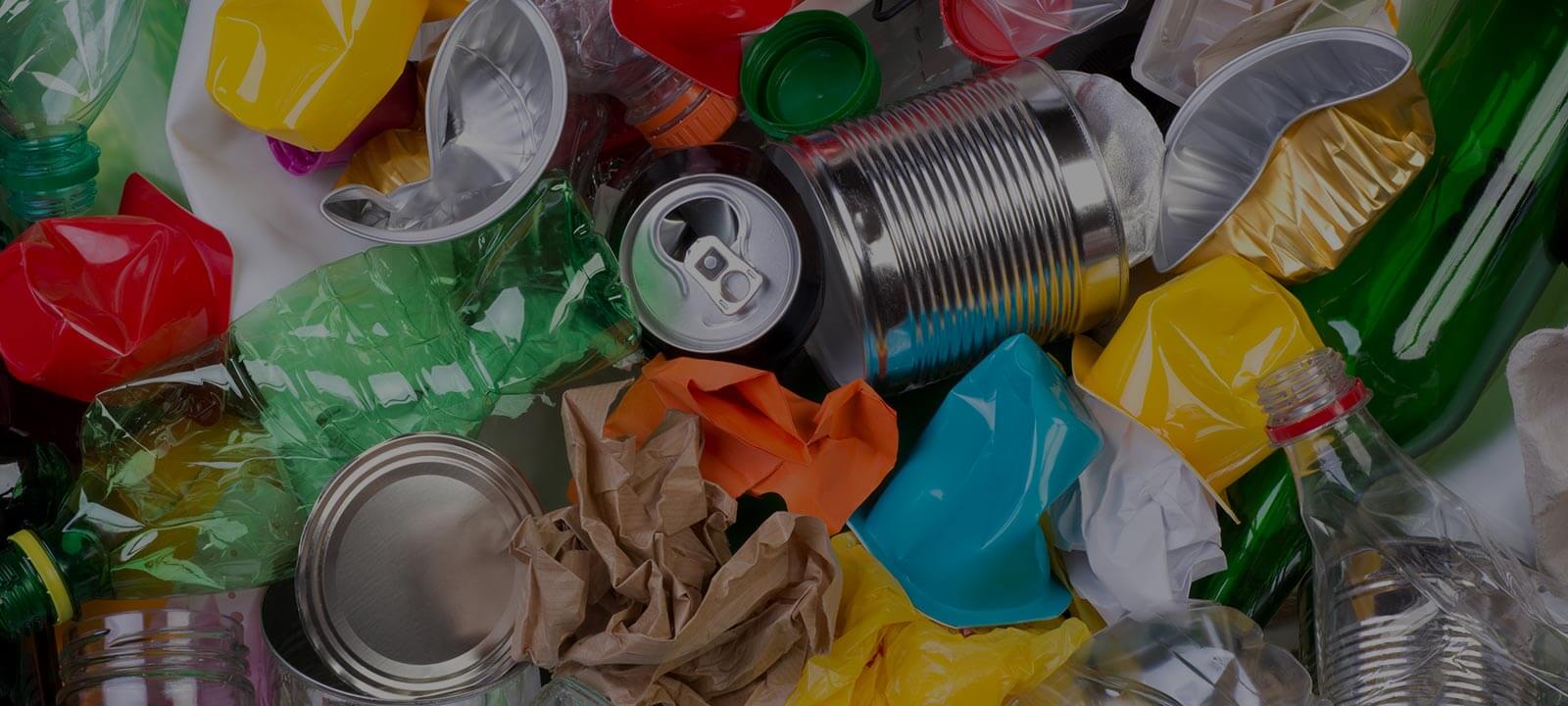Waste Reduction Strategies: Government Policy Implementation
Posted on 21/05/2024
In today's world, the growing concern for environmental issues has put waste reduction at the forefront of government policies. With increasing population and consumption, the generation of waste has also been on a steady rise. According to the World Bank, global waste generation is expected to grow by 70 percent in the next 30 years if no action is taken. This alarming trend has led governments around the world to implement waste reduction strategies as a means of tackling this issue. In this article, we will explore the various government policy implementations for waste reduction and their impact.
What is Waste Reduction?
Waste reduction refers to any action or measure taken to reduce or prevent the amount of waste generated, especially from human activities. It includes the three R's - reduce, reuse, and recycle. Reducing waste involves minimizing the amount of waste created by using less materials or choosing more sustainable options. Reusing involves finding new ways to use items instead of throwing them away. Recycling takes place when materials are collected and processed into new products that can be used again.

Government Policy Implementation
Governments play a crucial role in implementing policies and regulations that can effectively reduce waste generation and promote sustainable practices. These policies often involve strict laws and regulations that require individuals, businesses, and industries to follow certain guidelines in managing their waste.
One such policy is the implementation of landfill taxes or disposal fees. This tax is applied on every ton of waste sent to landfills, encouraging individuals and businesses to find alternative methods for managing their waste or reducing their overall consumption.
Another effective strategy is to implement recycling mandates. These laws require individuals and businesses to separate recyclable materials from other types of waste, making it easier for them to be recycled and reducing the amount of waste sent to landfills.
Governments also incentivize companies to adopt eco-friendly practices through regulatory measures such as green procurement policies. These policies require government agencies to purchase products and services from companies that prioritize sustainability in their operations.
Pros of Government Policy Implementation
One of the major benefits of government policy implementation for waste reduction is the significant reduction of waste sent to landfills. This not only helps in conserving land but also prevents the release of harmful gases such as methane, which contributes to climate change.
Moreover, these policies promote a circular economy where resources are reused and recycled, minimizing the need for extracting raw materials. This, in turn, reduces energy consumption and carbon emissions, making it an effective measure towards combating climate change.
Cons of Government Policy Implementation
While government policies and regulations have shown promising results in reducing waste generation, they can also have some drawbacks. For instance, landfill taxes and disposal fees may lead to increased costs for businesses, which could be passed on to consumers. This may result in higher prices for goods and services.
Additionally, recycling mandates can sometimes be challenging to enforce due to lack of resources or infrastructure. This could lead to non-compliance and defeat the purpose of these policies.
Tips for a Successful Waste Reduction Strategy
To ensure the success of waste reduction strategies implemented by governments, it is essential to involve all stakeholders. Educating individuals and businesses on the importance of waste reduction and providing them with practical tips on how to implement it in their daily lives is crucial.
Collaboration between governments, businesses, and communities is also vital in developing effective policies that are tailored to specific needs. Moreover, regularly monitoring and evaluating the impact of these policies can help identify areas for improvement and make necessary changes.

Takeaways
Waste reduction is a global issue that requires urgent action from all individuals, businesses, and governments. Government policies play a significant role in promoting sustainable practices and reducing waste generation. However, it is essential to balance the pros and cons of these policies and continuously work towards finding more efficient and effective ways to manage waste.
Conclusion
In conclusion, government policy implementation for waste reduction is crucial in promoting sustainable practices and protecting the environment. These policies have proven to be effective in reducing waste generation and promoting a circular economy. However, it is essential to continuously monitor and evaluate their impact to ensure their effectiveness and make necessary changes for a greener future. As individuals, we can also contribute by adopting small but impactful habits such as reducing, reusing, and recycling in our daily lives. Together, we can make a significant difference in reducing waste and preserving our planet for future generations.
Latest Posts
Alternatives to Common Plastic Items
Recycling Strategies for Non-Compostable Garden Materials






